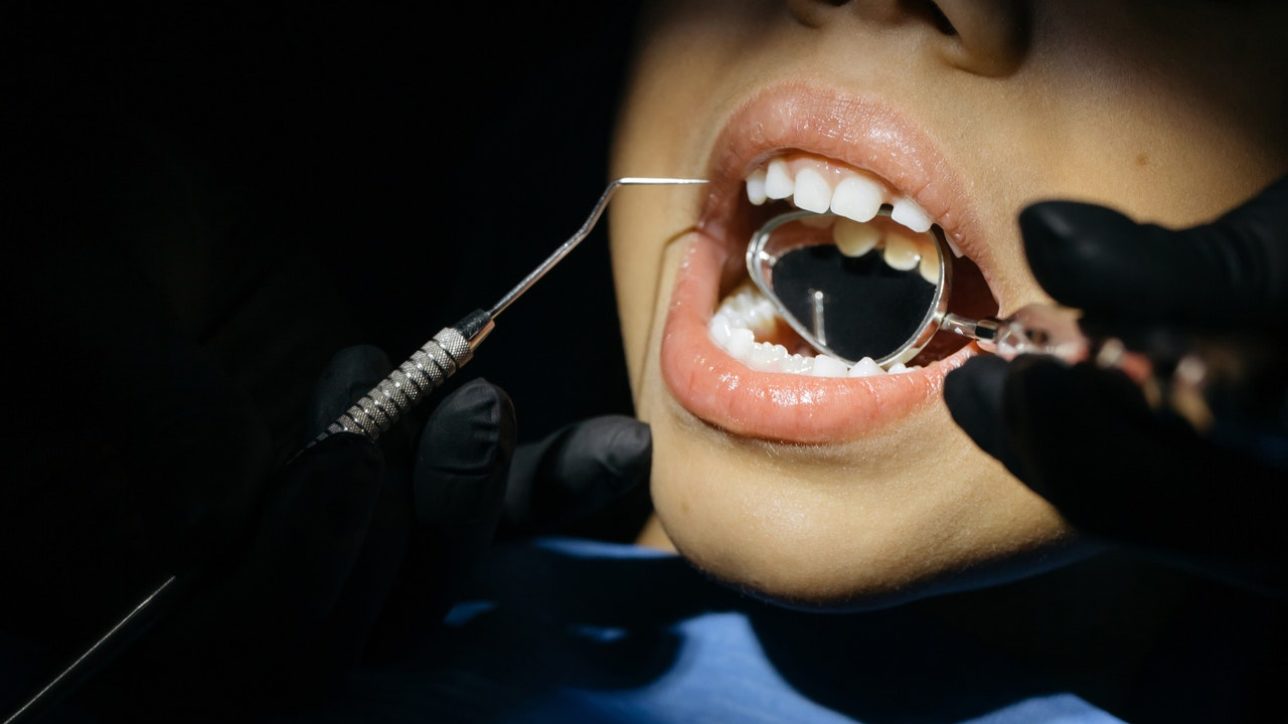Teeth grinding is a common habit that most often occurs at night. If it’s not treated, it can cause long-term pain and damage to your teeth.
What does it mean if you grind your teeth?
As you sleep, you may grind, gnash, or clench your teeth, and this forceful contact can cause damage. Teeth grinding, which is also known as bruxism, affects many adults as well as a smaller percentage of children. It can occur during the day, but most often happens at night. Many people who grind their teeth aren’t even aware of it and find out from their partner that they’re doing this in their sleep.
What are some possible signs that you grind your teeth?
Since you might not be aware that you’re grinding your teeth, be aware of these possible symptoms:
- A sore, painful jaw
- Headache
- Earache
- Increased sensitivity in teeth when exposed to hot or cold
- Facial pain
- Teeth that have been damaged – flattened, chipped, or worn down
- Difficulty sleeping
- Stiff shoulders
What long-term damage can teeth grinding cause?
- Teeth grinding can cause long-term damage, including the following:
- Temporomandibular (TMJ) disorder – damage to the joints in your jaw
- Tooth damage – breakage or excessive wear (can be so severe that root canals or replacement teeth are needed)
- Loose teeth
- Worsening of existing gum inflammation
- Reduced jaw mobility
How can teeth grinding be managed or treated?
In some cases, lifestyle changes can help reduce bruxism. These include:
Seeking stress relief – through exercise, massage, yoga, or other strategies
Avoiding stimulants in the evenings – including caffeine, smoking, and even television
If lifestyle changes don’t have enough effect, other remedies may be necessary.
Night guards are a frequent and often effective treatment. Your dentist can create a mold of your teeth and mouth, sending it off to a lab to create a custom mouth guard made of hard acrylic. You’ll wear it only at night, most likely only on your upper teeth.
After you receive treatment for teeth grinding, any long-term damage it caused can be corrected with dental crowns or other methods as needed.
If you have one or more symptom of teeth grinding, contact a dentist to learn how he can help you get the smile you’ve always wanted. A professional dentist can also help with other oral procedures like dental implants, invisalign, Wisdom Teeth Removal Surgery, etc.

